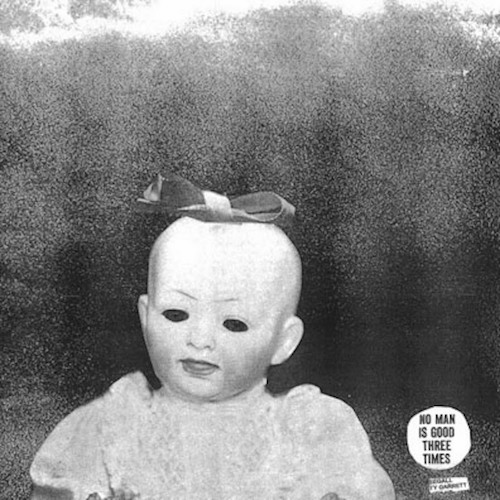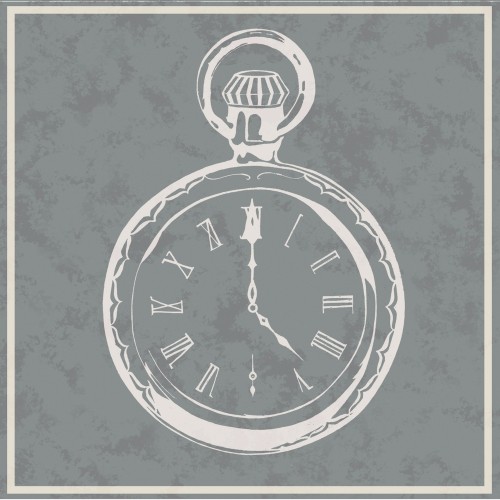 Release Date: September 13th, 2011
Release Date: September 13th, 2011





Whenever a truly progressive prog metal band becomes conscious of and embraces their prog side, they often become bloated versions of themselves, sometimes losing their direction or purpose. This, of course, spreads beyond metal, but lately a lot of the big names in metal have gone this route. Recent works by Mastodon and Between the Buried and Me exemplify this to differing degrees of success. The former was able to don the prog cloak, simultaneously pushing their sound forward without losing their identity while the latter aimed to recreate a past opus but resulted with a needlessly excessive, sometimes laughable, parody of themselves (although not all bad).
Opeth’s Heritage falls somewhere in between. It’s a logical progression from their 2008 release Watershed, which pointed toward a full-on prog sound while still retaining some of their death-metal leanings. Heritage drops the death metal completely, but unlike the 2003 experiment in soft prog rock, Damnation, Heritage still keeps things pretty heavy.
The title track opens the album with a two-minute piano prelude. It sounds like Mikael Åkerfeldt is now trying to create something epic. Their strongest openers from the past have been startling and dynamic. There’s no element of surprise in “Heritage,” and really, there is no element of surprise in Heritage. Attempts at surprising transitions are forced and disconcerting, such as the tribal beat and spooky sounds at the beginning of “Famine,” which abruptly and oddly shift into soft piano. It’s not worth analyzing the rest of the eight-minute mess. “Nepenthe” incorporates a circusy keyboard riff, which would be surprising if the band didn’t do the same thing three years earlier on “The Lotus Eater,” only this one lasts longer and has really boring shredding over it.
Per Wiberg’s keys clearly aren’t necessary anymore, and on this album, it sounds as though Åkerfeldt wrote complete songs and then had to find a way to squeeze some keys in. It’s not surprising that he and the group parted ways after this recording.
The entirely clean-sung vocals bring the unfortunately weak lyrics to the front. Åkerfeldt’s lyrics rarely were something the masses could connect with, but there was still artistry behind them and conviction in the way he sang. Some of the band’s darker lyrical content in the past has worked much better with growls. When, in “The Devil’s Orchard,” Åkerfeldt sings “God is dead,” it’s like there is no meaning. A statement like that can’t be made lightly, but that’s how he’s done it.
Despite the fact that Damnation was designed to break the mold, it was still an honest representation of where the band was and where they were heading. It sounds more natural than Heritage, which sounds more like a band struggling to survive and progress.
Perhaps this can be chalked up to personnel changes. This is guitarist Fredrik Åkesson and drummer Martin Axenrot’s second album with Opeth. These two are faster, cleaner players than those they replaced, but this works against them just as much as it works for them. Åkesson’s added abilities have lent themselves to more complex guitar interplay, but that comes at the expense of really strong riffs and melodies. Axenrot often sounds like a session drummer, lacking the flavor of former drummer Martin Lopez, who brought an unusually groovy backbone to Opeth’s heaviness.
There are still moments where everything is on-point. The greater portion of “Häxprocess” has awesome acoustic lines and a sturdy rhythm section with tasty embellishments popping in and out. Plus, Åkerfeldt’s unmistakable guitar work still has the chance to shine from time to time.
In trying to be a prog band, Opeth have lost a lot about them that was progressive. The dudes have chops, and they always have, but for the first time, it seems the band wants the listener to notice. Heritage is dynamic, but it feels like the dynamics are there because it’s expected of them. Åkerfeldt’s work hasn’t been nearly as prolific or powerful as it once was, but at least he’s not content to stagnate.
In keeping with the more cheesy tendencies of prog rock, Heritage boasts an astonishingly tacky album cover with several “symbolic” images. The album itself isn’t as awful as the artwork, even if some songs suffer from overthinking and idea-cramming. And many fans, especially those of Watershed, will definitely dig this.
Opeth – Heritage tracklist:
- “Heritage”
- “The Devil’s Orchard”
- “I Feel the Dark”
- “Slither”
- “Nepenthe”
- “Häxprocess”
- “Famine”
- “The Lines in My Hand”
- “Folklore”
- “Marrow of the Earth”


